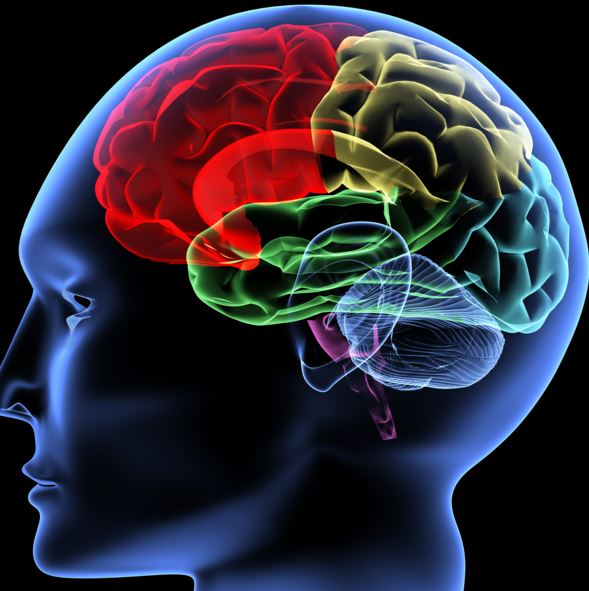A blow to the head, even one that seems relatively minor, can cause a brain injury that affects you mentally and emotionally. Called a concussion or traumatic brain injury, these brain insults can range from the severe impact that leaves an individual in a coma to less severe impacts that leave more subtle impairments such as visual changes, difficulty thinking or emotional instability. Falls, motor vehicle accidents, accidental blows to the head and assault — in that order — are the most common causes of brain injury.
Not Just a Head-Bump
The so-called minor traumatic brain injury (MTBI) is most common but may also be the most difficult to diagnose. The brain is a complex and delicate organ made up of different structures that must be intact to function properly. Axons project from each nerve cell and carry the electrical impulses on which the brain operates. A whiplash injury — common in automobile accidents — can slam the brain against the front and back of the skull, shearing the axons. Axonal shearing is very hard to detect because the cells are so small. Any head injury that causes even momentary loss of consciousness or amnesia for details of the accident is likely to cause axonal shearing.
About the Symptoms
Since the brain is the seat of all human emotion and thought, brain injuries can disrupt the processes that affect both. For example, after a brain injury, a person may find it difficult to remember things due to bruising in the area of the brain called the frontal lobe. The frontal lobe also controls emotions, helps us regulate our impulses and affects decision-making. After a brain injury, people may become irritable or angry with only minor or even no provocation. Some people become depressed for no obvious reason or have wide emotional swings. They may find it difficult to concentrate or to perform simple mental tasks like multiplication. These symptoms indicate damage to the delicate structures of the brain.
MTBIs, like any trauma, take time to heal. Severe head injuries can take months or years, and some may never heal completely. If you still have symptoms several weeks after a head trauma, or if they seem to be getting worse, you should consult a medical professional. You also may want to consider contacting an attorney after suffering from a brain injury to see if there is any legal action that you can take.
Anica Oaks
Recent Posts
- Castor Oil For Better Hair Growth: Is It Myth Or Fact?
- Exploring the Differences Between Sermorelin, Ipamorelin, Ibutamoren, GHRP2, and GHRP6: Understanding Their Role in Human Growth Hormone Regulation
- Unraveling the Mystery: Understanding the Causes and Prognosis of Ventricular Tachycardia Without Apparent Heart Disease
- Understanding Grandparents’ Rights in Oklahoma: Navigating Visitation and Legal Protections
- 10 Reasons to Consider Hypnotherapy for Your Health


